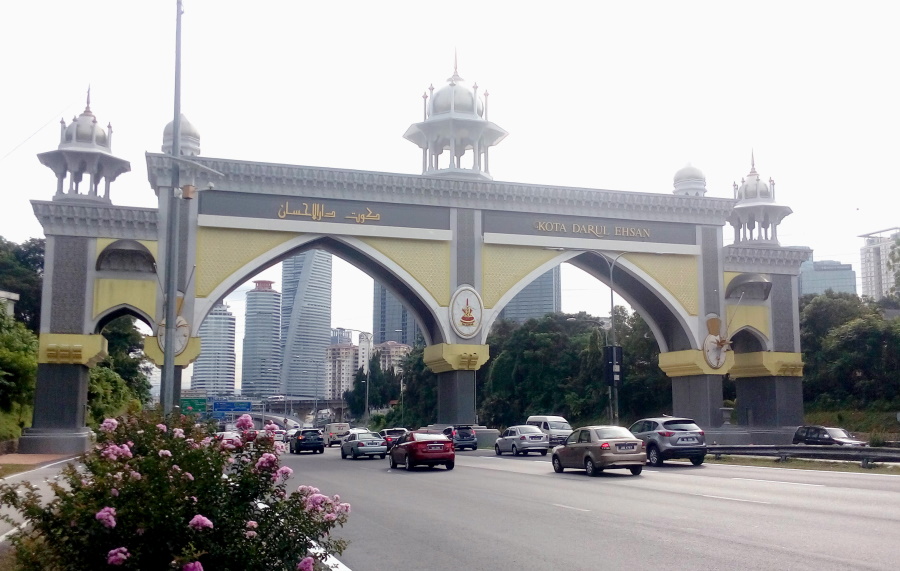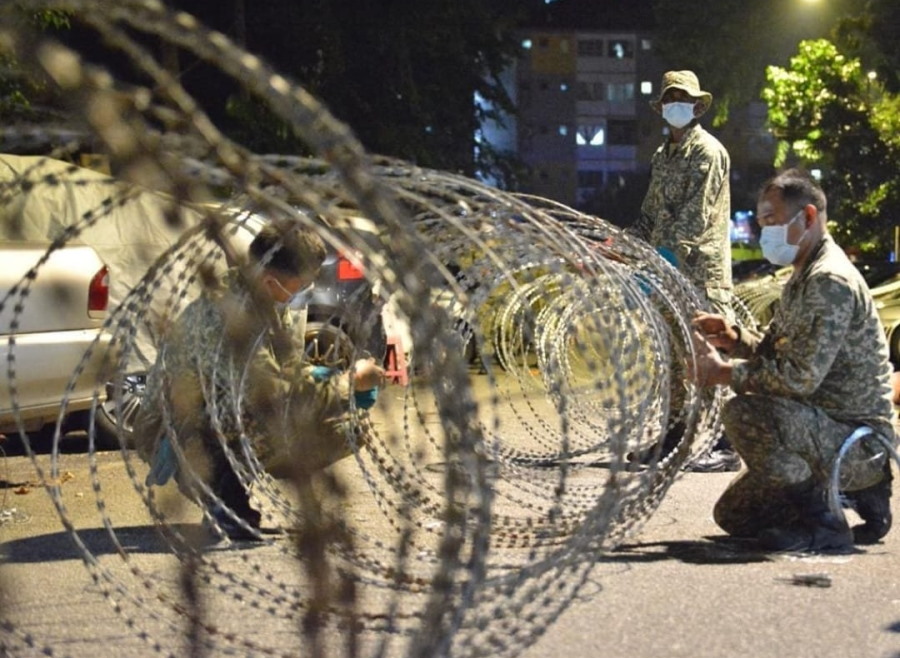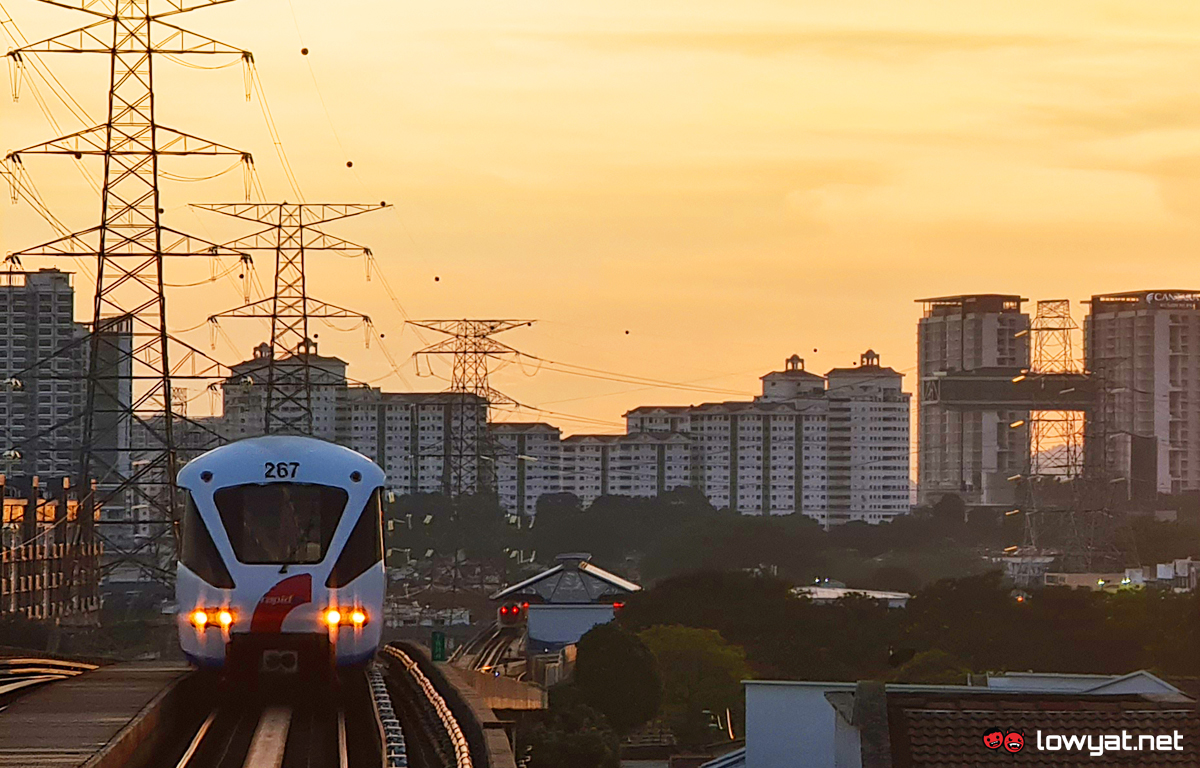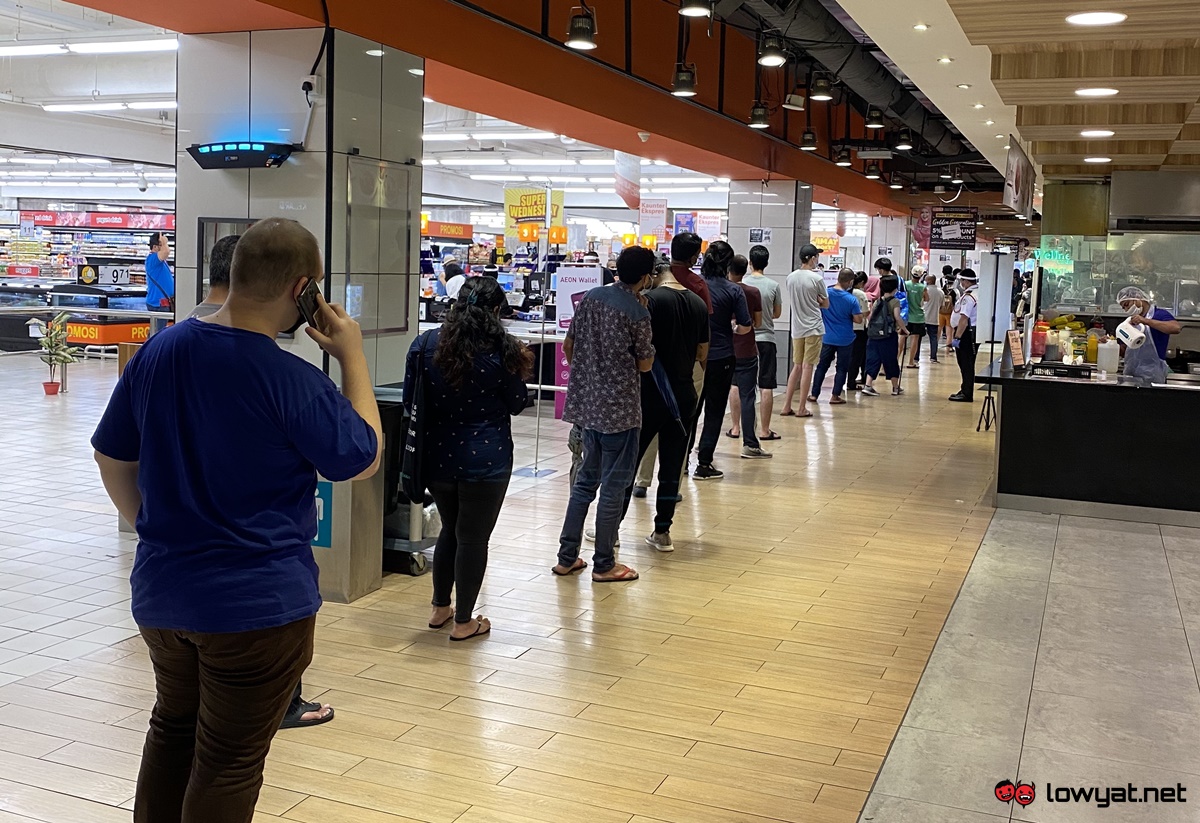The government has decided to impose the Enhanced Movement Control Order (EMCO) on selected sub-districts and localities within Selangor and Kuala Lumpur. This is being done as both states recorded a high number of daily COVID-19 cases that averages between 600 to 1,900 cases according to Senior Defence Minister, Ismail Sabri Yaakob.
Minister Ismail also noted that the emergence of Alpha, Beta, and Delta variants of the COVID-19 virus has been taken into account. The EMCO implementation will take place over a period of 14 days from 3 to 16 July 2021 and here is the list of sub-districts in Selangor that will be affected by the new directive:
- Petaling District: Petaling, Damansara, Sg Buloh, Bukit Raja.
- Gombak District: Setapak, Hulu Kelang, Batu, Rawang, Kuang
- Hulu Langat District: Hulu Langat, Ampang, Cheras, Kajang, Semenyih, Beranang.
- Klang District: Klang, Kapar
- Sepang District: Sepang, Dengkil, Labu
- Kuala Langat District: Morib, Teluk Panglima Garang, Jugra, Batu, Bandar, Tanjung 12 (1), Tanjung 12 (2)
- Kuala Selangor District: Ijok, Bestari Jaya, Jeram
- Hulu Selangor District: Serendah, Ulu Yam, Batang Kali, Rasa
If you are not sure which sub-district your residential area is located, then these maps compiled by Malaysiakini may provide some help:
As for Kuala Lumpur, the EMCO implementation will not be as major as Selangor and will be taking place at these localities:
- PPR: Kerinchi, Sri Semarak, Batu Muda, and Kampung Baru Air Panas.
- Flat: Seksyen 1 & Seksyen 2 Wangsa Maju, Sri Sabah, and Desa Pandan (inclusive of Baiduri & Delima)
- Kampung: Padang Balang, Puah, and Batu Muda
- Bandar Baru Sentul
- Taman Koperasi Polis Fasa 1 & 2
- Taman Ikan Emas
At the time this report was published, the full SOP list for the EMCO has not yet been released by the authorities. However, the announcement by Minister Ismail did include a partial SOP list which is already quite extensive.
Under the EMCO directive, all residents in these areas are generally not allowed to go out of their homes. In fact, it actually involves a curfew at 8:00 PM whereby all movements outside one’s home are completely prohibited except for emergency cases or with prior consent from PDRM.
All sports, recreational, social, and cultural activities are prohibited as well. Naturally, no inter-district and interstate travels are allowed as well, with the exception of vaccination purposes.
However, one member from each household is allowed to purchase essential items within a 10km radius of their home. Taxi and e-hailing sectors are still allowed to be operational too although they are being limited to two people per vehicle inclusive of the driver.
Public transportation such as trains and buses will be operational too but at just 50% of their usual capacity which is similar to the current lockdown policy. Airports and ports have been given the green light to operate as usual though.
In terms of eateries, they can operate from 8:00 AM to 8:00 PM. As you may expect, only take-aways, drive-thru and delivery orders are allowed during the upcoming EMCO period.
Other businesses that are also allowed to operate within the same time period are grocery stores, convenience stores, daily necessities stores, animal clinics & food stores, pharmacies, and medicine stores. The same 8:00 AM to 8:00 PM operational time also applies to essential services such as utilities, cleaning, and sewage.
Public markets, permanent farmer’s markets (Pasar Tani Kekal), and MyFarm Outlets are allowed to be operational from 6:00 AM to 2:00 PM. As for wholesale markets, they can be opened from 12:00 AM to 6:00 AM.
Petrol station opening hours are limited from 6:00 AM to 8:00 PM except for stations that are located at highways which can continue to be opened 24/7. Hospitals, clinics, and medical labs are also allowed to be opened 24/7 or according to their respective license.
Aside from essential services that we mentioned earlier, only factories that are involved in the production of food and basic necessities such as rice, white bread, sugar, wheat flour, cooking oil, fresh milk, baby milk, medicines, and face mask are allowed to operate during the EMCO period.
By right, those who are not involved in essential services or working at factories that we mentioned above are prohibited from going to their workplace and have to work from home. However, some members of the public felt unclear with this particular part of the announcement:
Many have expressed their concerns that certain businesses and factories that have previously received approval from the Ministry of International Trade and Industry (MITI), could use it to justify their operations during the upcoming EMCO, despite not being an essential service or specific factories that we have listed earlier.
Hence, these members of the public have demanded the government to list down the exact businesses and services that are being considered as essentials. On another hand, some believe that the statement meant nothing more than just a quick note that the existing MITI approval letters are still valid for all essential services personnel and workers at specific factories, that are allowed to operate during the upcoming EMCO period.
We expect the authorities to provide a further explanation regarding this matter tomorrow, or when the full SOP is released on MKN’s website. So, keep a close eye on them coming your way soon.
(Source: MKN / Telegram. Image: Mrizal.Ahmad / Wikimedia Commons, ATM / Facebook.)
Follow us on Instagram, Facebook, Twitter or Telegram for more updates and breaking news.







